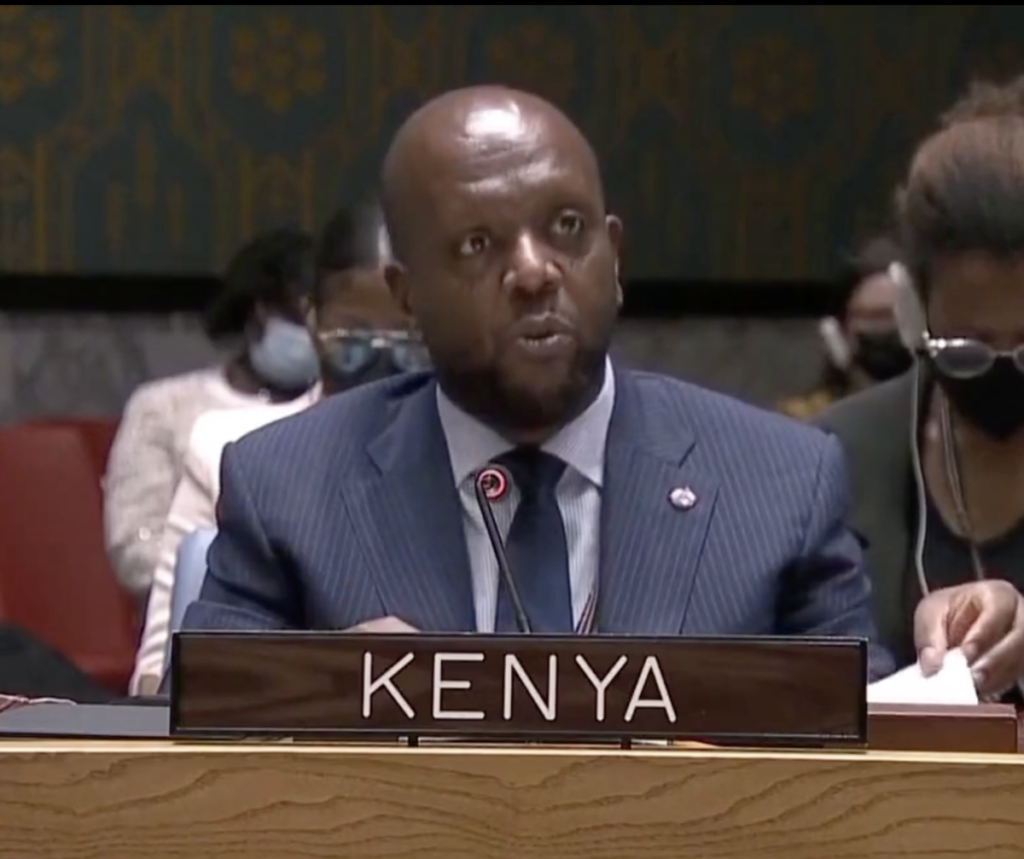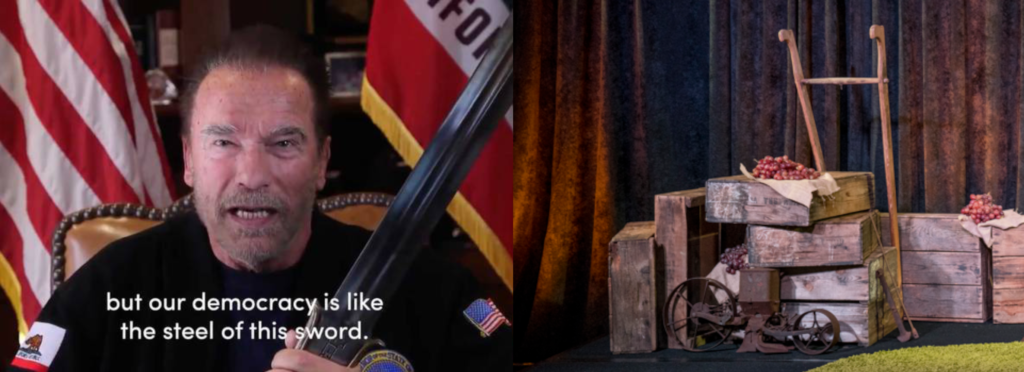This Fourth, I take up my annual Independence Day reflection on hopeful realism here at Hang Together, as I have over the last nine years, and one thing is making me very happy.
It emerged from a lab, it’s mutating new variants, and it’s infecting the whole world.
No, not that! I’m taking about a different kind of highly dangerous experiment.
Last year in this space, I wondered out loud whether the American experiment in human rights and religious freedom was migrating to Asia. There, brave souls were taking their stand against totalitarianism and dying for freedom; great statespersons clarified that what they were fighting for was not bigger crusts of bread from their masters, but “God-given rights.”
Here? The last embers of the old fire were getting pretty dim.
Then a funny thing happened on the way to the Capitol building. And as vandals sacked the seat of our government, some of the embers of the old fire began to light up again. What’s more, in a striking number of cases they led not to repetition of the same old culture-war ideological claptrap, but to new experiments in understanding and expressing the meaning of the American experiment.
After all, it isn’t the first time the Capitol of the most powerful empire in the world got sacked by vandals, and the result was a bold and transformative new vision of what it meant to be a citizen of that empire, and how that empire could aspire to a new vision of justice and mercy in the world.
(Notice I didn’t capitalize “vandals”; unfortunately for my otherwise flawless illustration, the Vandals didn’t sack Rome until 455.)
There is a very silly argument happening on social media right now (I know, I know) sparked by George Will’s comment that January 6 was comparable to September 11. The people focusing on the number of deaths or the lack of a real prospect that the government could have been actually overthrown are, I think, missing the point. What I take Will to be saying, and I think he’s right, is that we should appreciate that both these events were enormous symbolic humiliations for the American experiment, inflicted by its enemies, made possible by the complacency and arrogant self-confidence of our technocratic but morally bankrupt ruling classes.
Perhaps the key here is the old saying that history always repeats itself – first time as tragedy, second time as farce. But if January 6 was a farce, it was no less a real defeat for our country, which exists essentially not as a concrete culture (like, say, France or China or Brazil or Egypt) but as an experiment in the rule of law, human rights, religious freedom and civil equality.
And yet I’m far more optimistic about the future of the American experiment now than I was a year ago, because I am seeing important new work being done to understand and express America’s founding principles.
People like FAIR and Persuasion are not only taking up the right causes – there have always been people doing that – but shaking loose of the old, moribund, culture-war ideologies, reaching across boundaries to build unlikely (and yet not so unlikely) coalitions for freedom and equality.
The success of ventures like Blocked and Reported and The Dispatch is creating space for dissenting thought within each of the two culture-war sides, making it possible for people who are alive to the real political problems to find one another and create new discussions – including new debates, because the whole point of the experiment is that we shouldn’t expect to agree on everything!
Not all these new efforts will succeed. I wrote in February, for example, about why Arnold Schwarzenegger’s very impressive video message after January 6 was not, in the end, going to be the sort of thing that would work.
And, of course, even the efforts that are more promising will take a long – long – time to be effective. We are dealing with generational efforts here. Or perhaps even more; it took something like a century or two for Rome to really establish the vision whose outline was first traced in Augustine’s City of God. Today’s equivalent of a century or two, in the accelerated social media age, might be something less, but we should still not expect overnight results.
My point today is that this is precisely the sort of effort we need to see people like these folks making – and they are making it.
Three cheers for the new American experimenters!
And God bless the amazing people all across Asia, who continue to stand up to totalitarianism, and make the choice to die for freedom.
We owe them our best experimental efforts.
Suit up.



